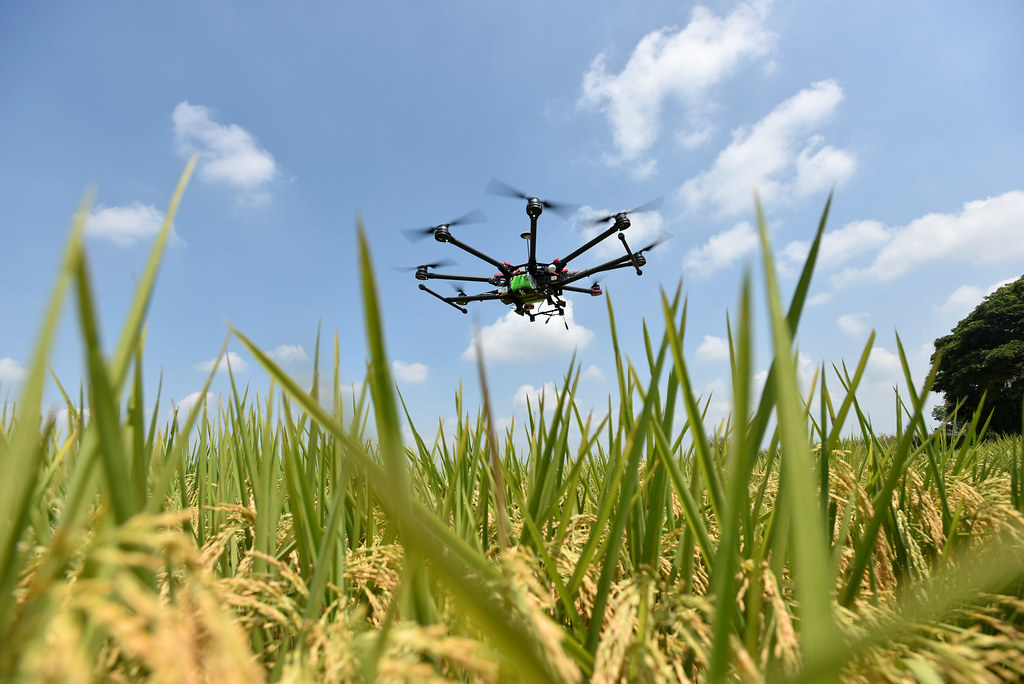-
RAAF
Contributing to the implementation of the Regional Agricultural Policy
RAAF Approach is essentially based on getting things done.
-
Thematics

Thematic areas
The implementation of the Regional Agricultural Policy (ECOWAP) is built around nine thematic areas.
-
Projects
- Renforcement des capacités pour la mise en œuvre de l’ECOWAP en Afrique de l’ouest
- At the end of PRAPS-1, which achieved significant progress in relation to most of the issues relating to animal health, sustainable management of rangelands and pastoral resources, livestock trade, and prevention and management of pastoral crises, the Wor
- Fruit flies are a major problem for the horticultural sector in West African countries. They destroy 50 to 80% of fruit production.
- The Global Climate Change Alliance Plus (GCCA+) is the second phase of an initiative of the same name launched by the European Commission in 2008
- West Africa is one of the most vulnerable regions in the world.
- Renforcement des capacités pour la mise en œuvre de l’ECOWAP en Afrique de l’ouest
- West Africa is facing three major challenges: (i) structural food and nutritional insecurity, (ii) the effects of climate change (droughts, aridity, floods, etc.), (iii) salinization and physico-chemical degradation of agricultural land.
-
News
Follow our news and events
-
Resources
Contents
More information on our work.
-
Multimedias
Interaction
Audio-visual based communication
-
Opportunities
Get Involved
- Portals
As part of the implementation of the Food Reserve, it is envisaged to build a first physical stock of 60 000 tons of cereals and nutritional products for the first period of 4 years. The European Union contributes to the operationalization of the Regional Reserve through the funding of a Food Security Storage Support Project in West Africa totaling 56 million Euros to help mobilize 31 500 tons, about half of the planned physical stocks. The remaining quantities of food products will be mobilized with the ECOWAS own funds.
Food storage and maintenance is entrusted to national public food security storage companies on the basis of service provision agreements on behalf of ECOWAS. To this end, a call for tender for the reception, control, storage and maintenance services of the stocks of the Physical Reserve launched in 2016 resulted in the selection of 7 national storage companies, namely SONAGESS in Burkina Faso, NAFCO in Ghana, OPAM in Mali, OPVN in Niger, FRSD in Nigeria, CSA in Senegal and ANSAT in Togo for the four-selected storage sub-areas: East, Center, West Atlantic and Gulf Atlantic. Service contracts have been signed or are being signed for a total storage volume of 42,500 tons. Infrastructure compliance has been verified by an internationally recognized independent company hired by the project. Warehouses with a total storage capacity of 87,100 tons have been inspected. The warehouses declared compliant and able to receive the products of the RFSR have a total capacity of 54 600 tons.
As of today, the Regional Food Reserve has a physical stock of 11 178.5 tons of cereals (millet, maize, sorghum, rice) consisting of 2,750 tons stored in Yendi in Ghana, 2,750 tons in Dédougou in Burkina Faso, 3 500 tons in Dosso and Zinder in Niger and 1 048.5 in Gombe in Nigeria.
This stock comes from a first call for tenders launched in June 2016. The contracting process with suppliers for a second call for tenders for a volume of 21,000 tons is being finalized and deliveries will occur between January and March 2018.
With this progressive constitution of the physical stock of the RFSR, ECOWAS is in the process of strengthening its capacity and building the foundation of a structural regional solidarity for food and nutrition security.
Read more...
- Livestock farming and pastoralismPublication date:
- Climate change
- Climate change